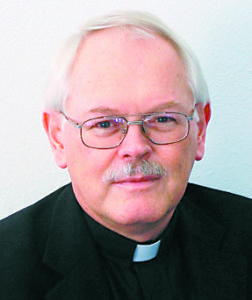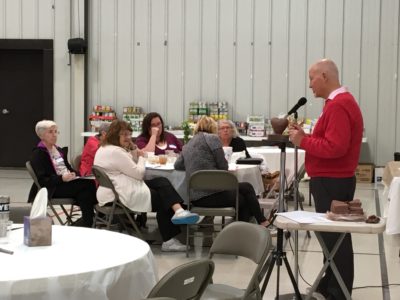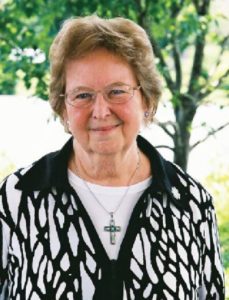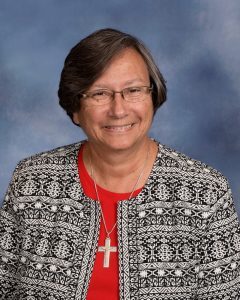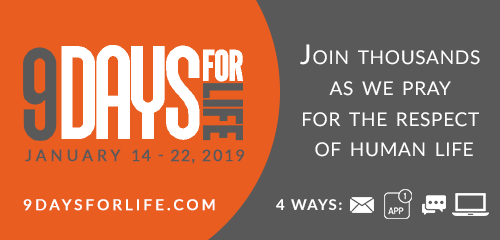
Reba McMellon
Part of the Solution
By Reba J. McMellon, M.S.,LPC
(Editor’s note: This is the first installment in an ongoing series to address the questions parishioners and clergy have regarding response to and healing from sexual abuse in the church. To submit a question, email editor@mississippicatholic.com. Names will be kept in confidence.)
Research key in improving abuse response
Addressing child sexual abuse in the Catholic Church raises many questions and concerns. Answering questions and concerns directly and clearly is the hallmark of preventing these crimes from happening again.
Some have asked why Catholic bishops should trust the advice of psychologists when psychologists have mislead them in the past. I think this concern dates back to a time when we, in the field of professional psychology, were going on the assumption that pedophilia was a mental illness, one that could be treated. Those guilty of child sexual abuse were sent to treatment programs and in some cases, put back into service.
While research began in the late 1970’s on pedophile subtypes and treatment outcomes, it wasn’t until the mid to late 1980’s that the widespread rule of thumb was to have the criminal justice system deal with those who commit crimes against children. The research consistently shows the rate of recidivism is very high and the risk is great.
One of the largest studies done on child sexual abuse was done by John Jay College of Criminal Justice in May of 2011. The 130-page comprehensive report includes populations such as youth service organizations, religious institutions, seminary formation teams and more. The study was requested and paid for by the Catholic Church. It is accessible here: https://bit.ly/1Tp2UdH and through the Diocese of Jackson’s website in the section on Child Protection. This study and many others show that mental health treatment alone is not effective and the offenders of sexual crimes against children should be dealt with through the criminal justice system.
Another issue that is important is the crime of aiding and abetting physical, sexual and emotional abuse of a child. In some states, it is referred to as contributing to the harm of a minor. This includes those who know of the offense and knowingly ignore it, choosing to protect the criminal rather than protect the child. It cannot be overstated that this too is a crime, punishable by law.
In summary, psychology is a relatively new science, and like all other sciences, improves with ongoing research. Rest assured, criminal justice professionals and psychologists have worked together resulting in sound knowledge on the subject of sexual abuse of children.
The effect of sexual abuse on the victim can be not knowing the difference between love and abuse. Sexual abuse halts the development of the victim. It interferes with trust, spiritual development and shatters the psyche. While it can be mended, the victim will forever be effected. Abuse causes the innocence of the childhood to falter and sometimes disappear altogether. It shatters the soul, mind and body. The effects can be healed but the scars remain throughput the survivor’s life.
(Reba McMellon, M.S. is a licensed professional counselor with 35 years of experience. She worked in the field of child sexual abuse and adult survivors of sexual abuse for more than 25 years. While living in the Atlanta area, Reba was a member of the first child sexual abuse treatment team in the state of Georgia. She later became director of the team which included mental health, social services, juvenile court, district attorneys and detectives in the sexual victims unit of Cobb County, Georgia. Reba went into private practice in 1987 and continued to serve as an expert witness in child sexual abuse cases. She moved back to Mississippi in 2001 and works part-time as a mental health consultant and freelance writer.)

